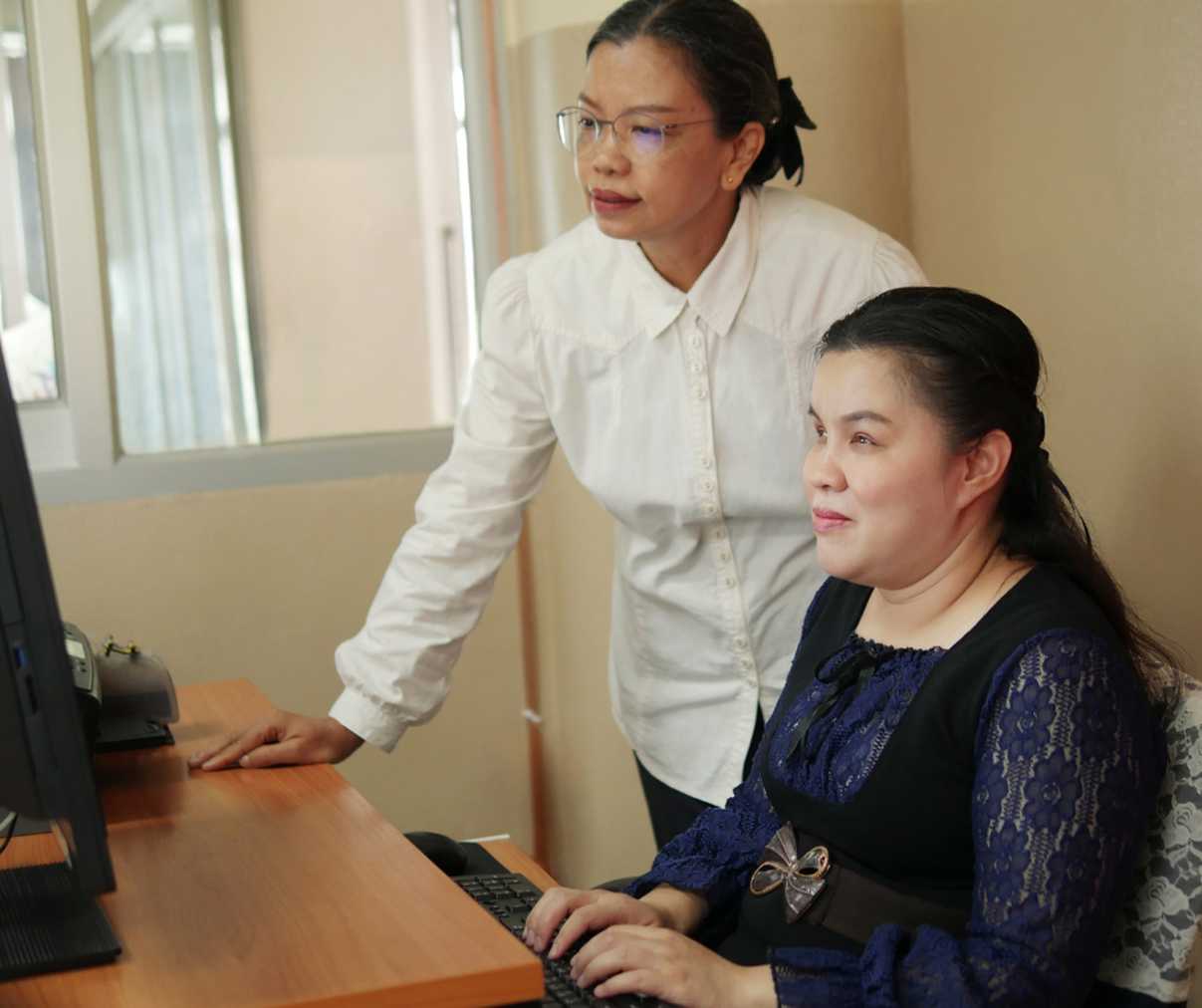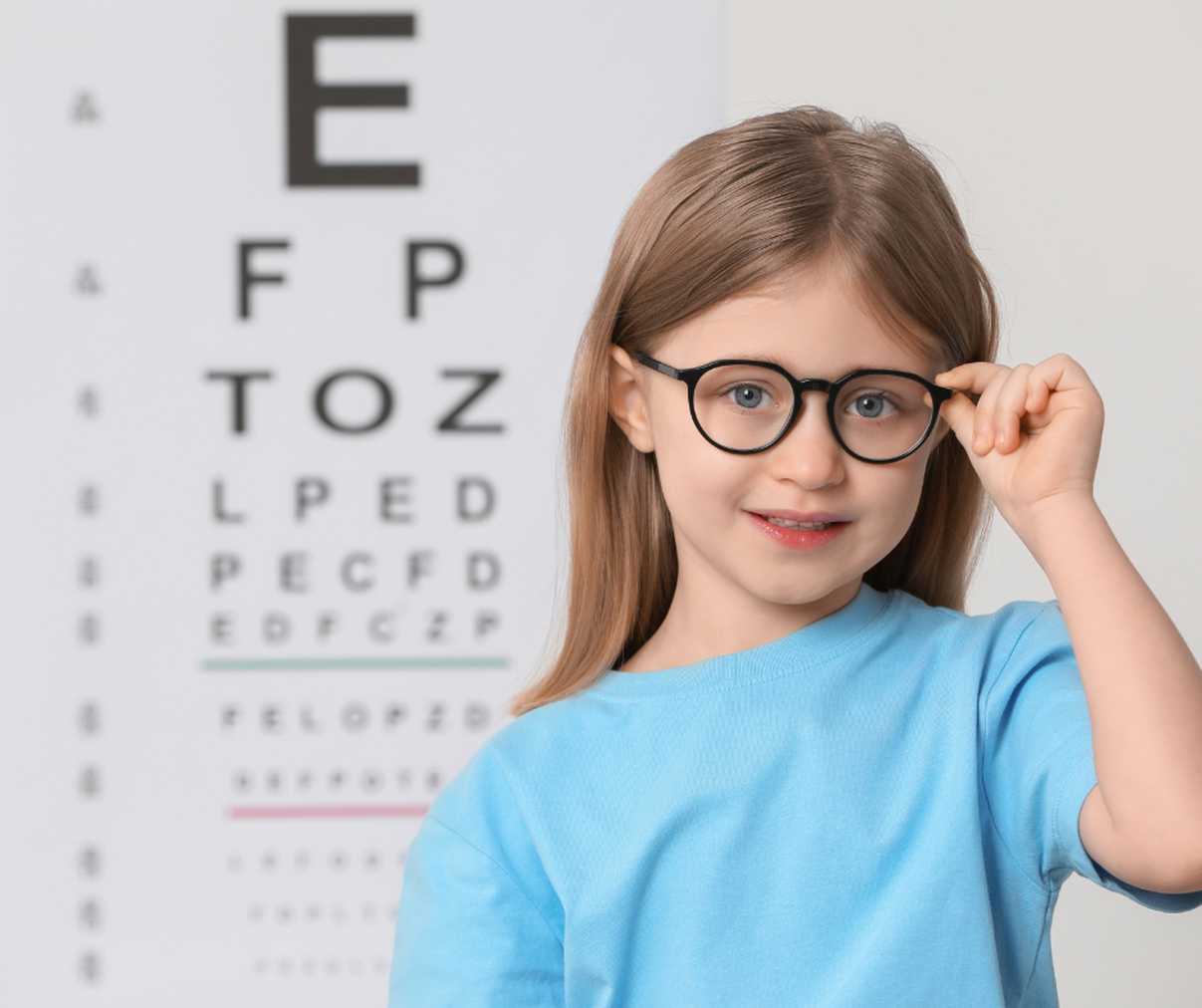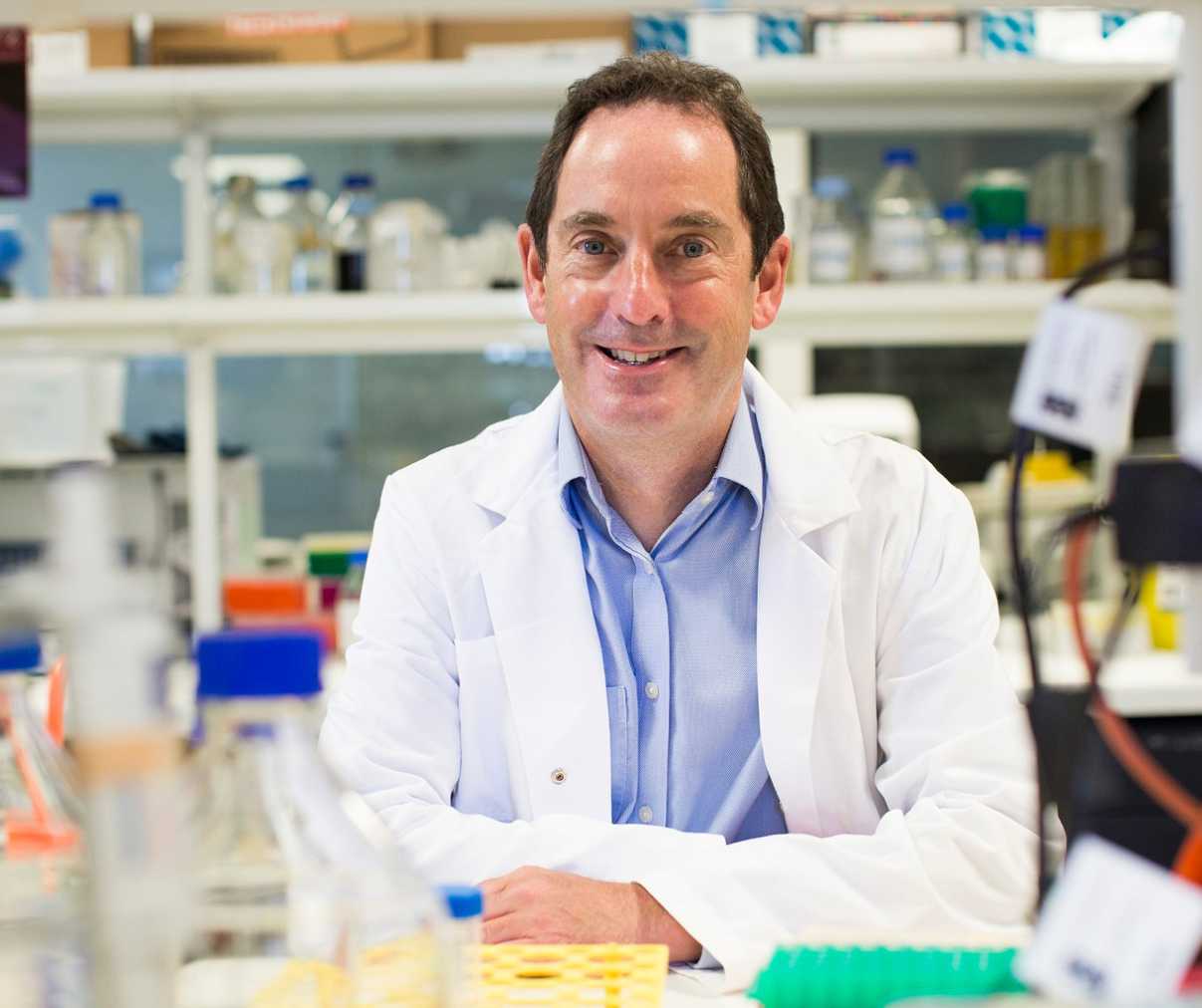World Sight Day
We are proud to promote World Sight Day, which is a campaign by the International Agency for the Prevention of Blindness (IAPB) and the World Health Organisation.
World Sight Day is a global moment to reflect on the importance of eye health. It is held every October to raise awareness about vision loss and the need for better access, availability, and affordability to eye care services.
Love Your Eyes
With an ageing population and more time spent on screens, the number of people affected by visual impairment is rising. Conditions like myopia and amblyopia are being diagnosed more often.
Every day in the UK, 1 person every 6 minutes is told they are losing their sight, so it is more important than ever for us to continue being part of the solution by funding impactful research and raising awareness about vision loss.
This year's campaign for World Sight Day is #LoveYourEyes which focuses on vision loss in education and the workplace, particularly around safety and accessibility.

In The Workplace
Safeguarding your sight at work is key to maintaining eye health. A survey conducted by Work in Mind found that nearly half (48%) of UK workers think that their workplace puts their eye health at risk. One in eight industrial workers often suffer eye injuries or strain, while 65% of office staff report digital eye strain. Eye strain includes symptoms like dry eyes, headaches, and blurred vision.
There are a few steps you can take at your workplace to help safeguard your eyesight:
- The 20-20-20 rule can be applied by looking away every 20 minutes at an item approximately 20 metres away for 20 seconds.
- Enlarging text to avoid having screens too close to your eyes.
- Testing your eyesight routinely every two years.
If you experience vision loss and you want to receive support for your working life as an employee, the RNIB offers brilliant resources.
If you are an employer or wish to make your workplace more accessible, the RNIB offers a free course that can help support colleagues with vision loss.

In early education
Vision loss can occur early in life. Early detection can go a long way to improve children’s lives and allow their needs to be addressed both in school and at home. In some cases, vision loss may even be reversed. In infancy, the brain and visual system are continuously developing, and this adaptability can lead to natural eye corrections if the problem is addressed early. Treatments are also far less invasive if spotted quickly.
In the UK, approximately 26,000 children experience vision loss, with around 50% of them having special educational needs linked to their condition. Accessibility for these children to access medical treatment and educational services is a key concern.
If you have a child who already has vision loss, the RNIB offers great resources here.

Eye tests
Children need to have their eyes tested routinely at different stages of their development. You can find out more about these stages from the NHS.
For adults, a key part of early prevention of vision loss is getting your eyes tested every two years even if you have not had any symptoms of vision loss.
If you have experienced symptoms of sight loss, we suggest you book a test as soon as you can. We have clear information about eye tests here.

Every story counts
Another key part of our awareness is to amplify the voices of those affected by vision loss.
World Sight Day is an opportunity to listen. Learn about the inspiring stories of some of those living with sight loss here.
We always want to hear from people living with eye conditions, whether common or rare, mild or severe. You have a story that deserves to be heard. We would be grateful if you contact us to share your experience today.
Why? Your stories increase public awareness around the impact of a life-altering diagnosis and educates others about the symptoms, realities, and treatments. It even inspires action to be taken, whether that translates into a donation for a sight loss charity, volunteering, or even encouraging the undiagnosed to seek out medical help.

Our research and mission
For 39 years, we have funded not-for-profit research into sight loss. The projects we support are pivotal to the detection, prevention and treatment of eye conditions, with the improvement of patient’s lives at the forefront of our cause.
You can find out more about our research impact here.
Our brilliant research is funded by the generous donations of our supporters, as we envision a clearer future for those living with sight loss. Help us turn our vision into a reality by donating today.




